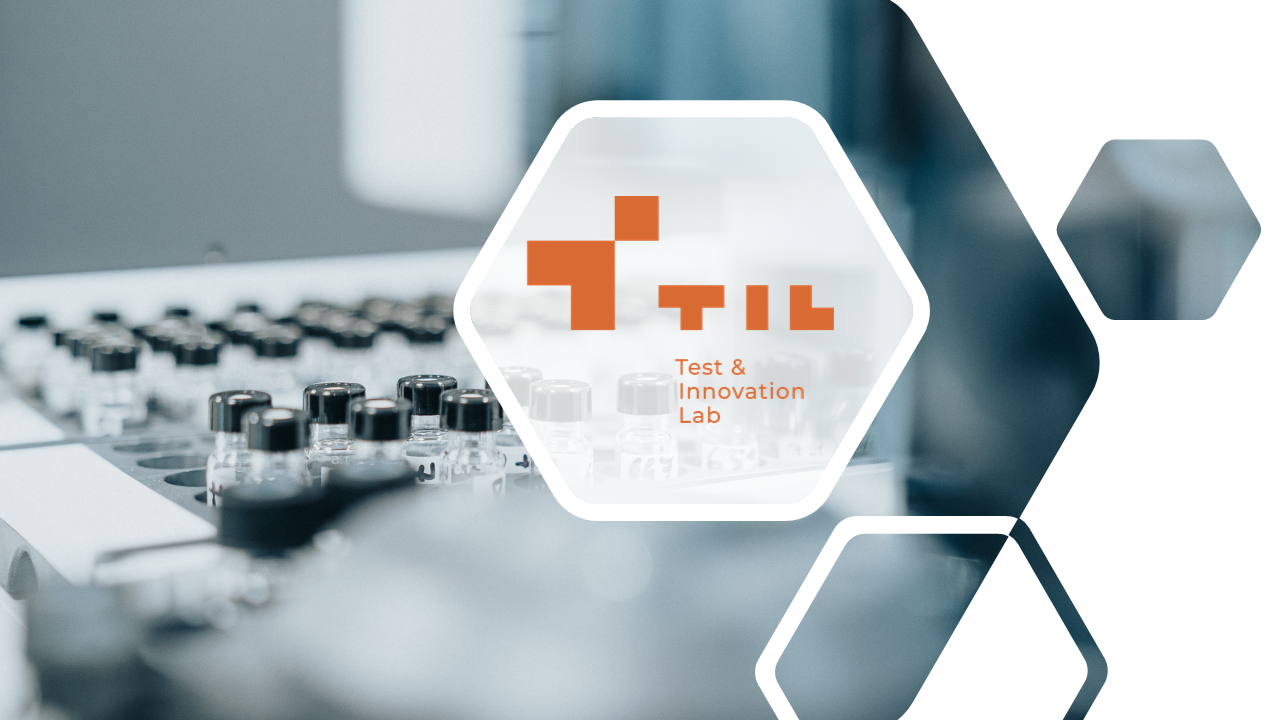
APEOS (Ethoxylated Alkylphenols)
APEOS (Ethoxylated Alkylphenols) are surfactants which have been widely used in a wide range of industrial sectors, including textiles and tanning.
When released into water, they undergo degradation processes that generate molecules particularly problematic for aquatic ecosystems. For this reason, their use has been banned in many geographical areas (Europe first) and they have been replaced by alternative products.
Unfortunately, both because it has been widely used in the past in industrial processes, mainly wool mills, and because it may still be present in household detergent formulations in some markets, Today, it is quite common to find residues of these surfactants in raw materials regenerated wool, coming from post-consumption.
The presence of APEOS in textile and tanning materials is strictly regulated in many countries, with a maximum limit of 100 mg/kg. Some derogations are available for regenerated textiles in the European REACH Regulation, However, these derogations are difficult to apply.
For this reason, the need on the part of the chain of tanning products and regenerated wool textiles, to carry out controls of the various batches of raw materials especially from post-consumer origin, is an increasingly acute problem. The control of this parameter, for companies operating in the field of recycling, will therefore be essential to be able to carry out a correct “risk analysis“, as provided by the new Unify Standard of Textile Exchange at the approval stage.
To meet this need, TIL has introduced a new robotic analytical line for the execution of the APEOS test.
Thanks to this innovative technology, it is now possible to optimize the analyses, significantly reducing the time and costs required for tests, thus contributing to an effective “risk analysis” by companies. This system not only simplifies the control operations but also makes the process compatible with the economic and production needs of the textile and tanning industry.

